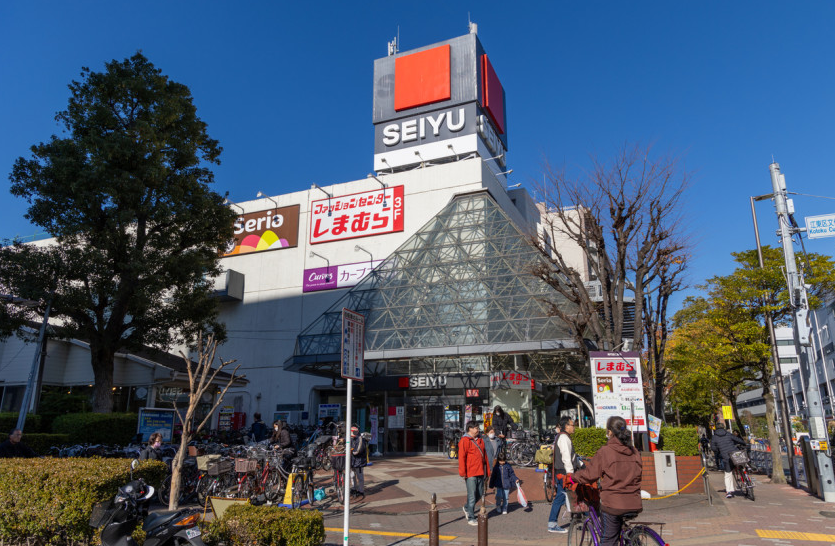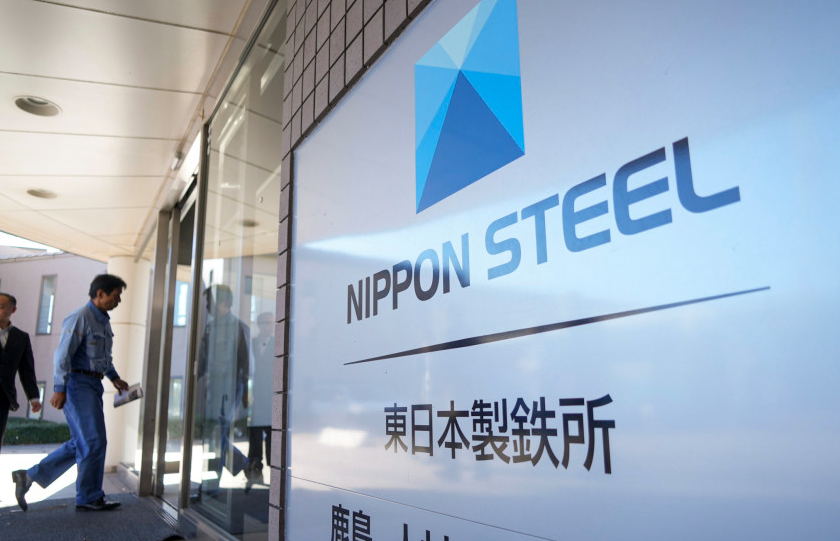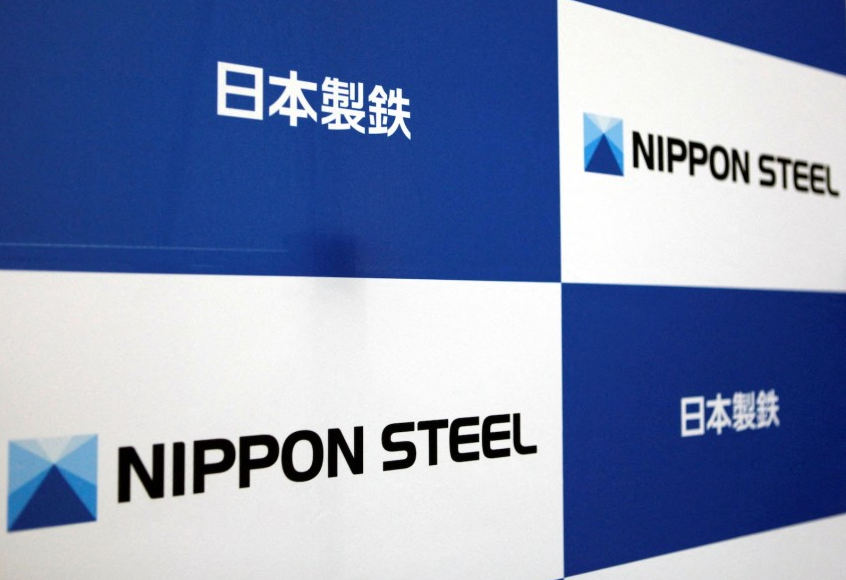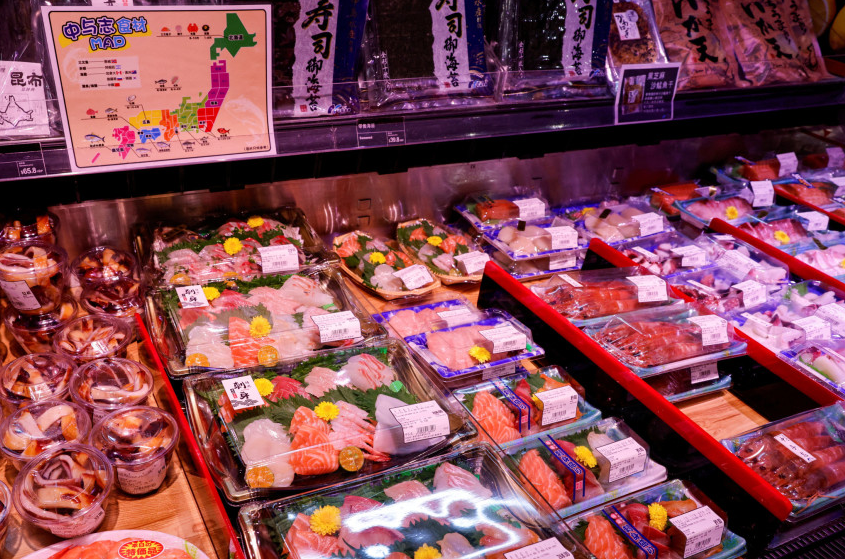发布时间:2024-04-18 人气:4 作者:郝
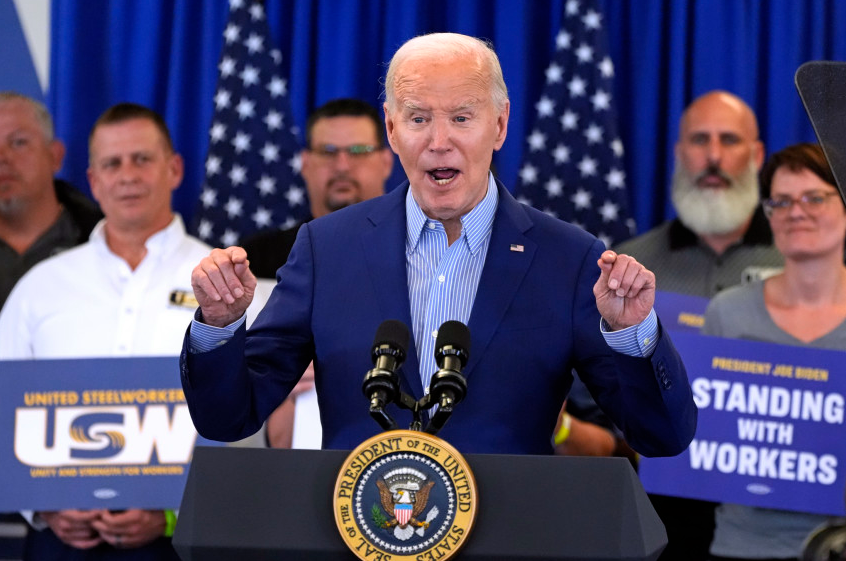
U.S. President Joe Biden promised cheering unionized steelworkers on Wednesday that his administration would block the acquisition of U.S. Steel by a Japanese company, and he called for a tripling of tariffs on Chinese steel, seeking to use trade policy to win over working-class votes in Pennsylvania, an election-year battleground.
Biden said during a visit to the headquarters of the United Steelworkers that U.S. Steel “has been an iconic American company for more than a century and it should remain totally American.”
“American-owned, American operated by American union steelworkers — the best in the world — and that’s going to happen I promise you,” he said.
The Democrat's administration is reviewing the proposed acquisition of U.S. Steel by Japan’s Nippon Steel. The president said last month he would oppose the deal, saying it was "vital for it to remain an American steel company that is domestically owned and operated.”
But in front of a pro-union audience, he went much further in promising to block the deal. “The backbone of America has a steel spine,” Biden said.
In another move that his administration argues can protect domestic steelworkers, Biden also announced that he will push for the higher tariffs on Chinese steel and aluminum, aiming to insulate American producers from a flood of cheap imports.
The moves reflected the intersection of Biden’s international trade policy with his reelection effort, although the White House insisted they were more about shielding American manufacturing from unfair trade practices overseas than firing up a union audience.
The current tariff rate is 7.5% for both steel and aluminum but could climb to 22.5% under Biden's proposal. The president said he was asking his trade representative to seek the increase.
Liu Pengyu, a spokesman for the Chinese Embassy in Washington, said the “U.S. is making the same mistake again and again” by seeking increased tariffs. In a statement, he also dismissed those levies already in place as “the embodiment of unilateralism and protectionism of the U.S.”
Biden insisted that getting tougher on China was sound policy.
“I made sure that we had the most advanced technologies that we’ve developed and invented, and they can’t be sent to China because they’ll undermine our national security,” he said, adding that he had delivered a similar message to Chinese President Xi Jinping during previous conversations. Biden said he told Xi that “you’ll use them for all the wrong reasons, so you’re not going to get those advanced computer chips.”
The administration also promised to pursue investigations against countries and importers that try to saturate existing markets with Chinese steel and said it was working with Mexico to ensure that Chinese companies cannot circumvent the tariffs by shipping steel there for subsequent export to the United States.
“The president understands we must invest in American manufacturing. But we also have to protect those investments and those workers from unfair exports associated with China’s industrial overcapacity,” said White House national economic adviser Lael Brainard.
U.S. Trade Representative Katherine Tai said Wednesday that her office, acting on a petition from five national labor unions, was investigating China for “targeting the maritime, logistics and shipbuilding sectors for dominance.”
China produces about half of the world’s steel and is making far more than its domestic market needs. It sells steel on the world market for less than half what U.S.-produced steel costs, senior Biden administration officials said.
The first step to the higher tariffs is the completion of a review of Chinese trade practices. Once Biden gives the official authorization, there will be a public notice and a comment period that could take weeks.
The local fervor over the proposed U.S. Steel deal began even before Biden's speech. While being greeted by a small group of steelworkers upon his arrival, one told Biden, “Keep U.S. Steel in America.” Biden responded: “Guaranteed."
Biden is on a three-day Pennsylvania swing that began in his childhood hometown of Scranton on Tuesday and will include a visit to Philadelphia on Thursday. He used Wednesday's speech to praise union members, whom he will need in November's election against Republican Donald Trump, telling the crowd, “It ain’t ‘labor.’ It’s unions.”
Biden's announcement on steel tariffs was cheered by U.S. steelmakers. Kevin Dempsey, president of the American Iron and Steel Institute, accused China of disrupting “world markets both by subsidizing the production of steel and other products and by dumping those products in the U.S. and other markets.”
The tariff move, however, is largely symbolic.
The U.S. imported roughly $6.1 billion in steel products in the 12 months ending in February 2023, but just 3% of those imports came from China, according to Census Bureau figures. Citing already existing trade barriers, the American Iron and Steel Institute said China last year accounted for just 2.1% of U.S. steel imports, making it America’s seventh-biggest source of foreign steel.
To coincide with the announcement, Biden’s campaign released a 60-second ad that will air on Pennsylvania television for the next five days. It features a steelworker, who is also a small-town mayor, praising the president’s economic policies.
Higher tariffs can carry major economic risks. Steel and aluminum could become more expensive, possibly increasing the costs of cars, construction materials and other key goods for U.S. consumers. Also, inflation has already been a drag on Biden's political fortunes, and his turn toward protectionism echoes Trump's playbook.
The former president, who has said he would never allow the acquisition of U.S. Steel by a foreign company to go through, imposed broader tariffs on Chinese goods during his administration and has threatened to increase levies on Chinese goods unless they trade on his preferred terms as he campaigns for a second term. An outside analysis by the consultancy Oxford Economics has suggested that putting in place the tariffs Trump has proposed could hurt the overall U.S. economy.

